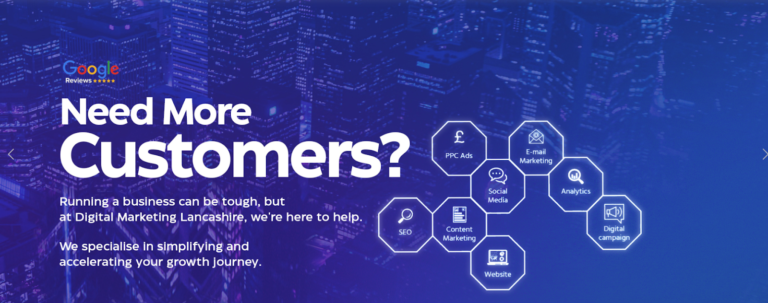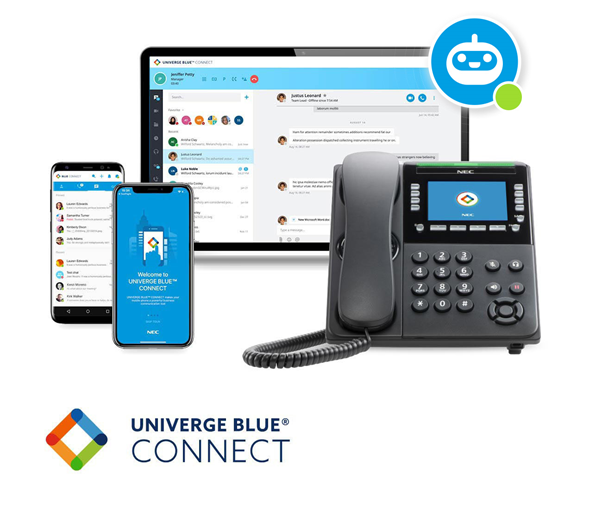Optimizing White Label PPC Services For Your Small Business

Today’s small businesses are on a constant quest to stand out and expand their online presence with white label PPC services. These services allow businesses to outsource their PPC advertising efforts to specialized providers. The providers work behind the scenes, delivering top-notch PPC campaigns that align with the client’s branding.
All the while, the client takes credit for the work. It’s like having a team of PPC experts working diligently for your small business, without the added overhead.
The Significance of Online Advertising for Small Businesses
With billions of users online, digital advertising provides a level playing field for small businesses to compete with industry giants. PPC advertising, in particular, offers a cost-effective way to reach a targeted audience, drive website traffic, and boost conversions. Neglecting online advertising means missing out on a substantial chunk of potential customers.
Choosing the Right Provider
Research and Evaluation
Selecting the right white label PPC provider is critical to the success of your campaigns. Here are the key steps:
- Define Your Goals and Needs: Before considering providers, identify your business goals and what you expect from your PPC campaigns. Are you aiming for brand awareness, lead generation, or e-commerce sales?
- Check Reputation and Experience: Research potential providers’ track records. Look for client reviews and case studies to assess their success stories.
- Ask for Client References: A reputable provider should be willing to provide references from satisfied clients. Contact these references to gain insights into their experiences.
Transparency, Communication, Customization, and Flexibility
When evaluating providers, consider these factors:
- Transparency: Ensure that the provider is transparent about their pricing structure, methodologies, and reporting. You should have a clear understanding of how your budget is being allocated.
- Communication: Effective communication is paramount. The provider should offer regular updates and be responsive to your inquiries.
- Customization: PPC advertising is not one-size-fits-all. Your provider should offer customized solutions tailored to your business’s unique needs.
- Flexibility: The digital landscape evolves rapidly. Your provider should be adaptable, continuously optimizing your campaigns for maximum ROI.
Optimizing Your Services
Targeting Keywords and Audiences
Keyword research is the cornerstone of a successful PPC campaign. Here’s how to optimize it:
- Keyword Research Tools: Utilize tools like Google Keyword Planner to identify relevant keywords with high search volume and low competition.
- Long-Tail Keywords: Don’t underestimate the power of long-tail keywords. They may have lower search volume, but they often convert at a higher rate.
- Competitor Analysis: Analyze your competitors’ keyword strategies to identify gaps and opportunities.
Crafting Compelling Ad Copy and Creatives
Your ad copy and creatives play a pivotal role in click-through rates and conversions:
- Compelling Headlines: Craft attention-grabbing headlines that clearly convey the value of your product or service.
- Engaging Content: Use persuasive language and captivating visuals to entice users to click on your ads.
- A/B Testing: Continuously test different ad variations to determine which ones perform best and refine your strategy accordingly.
Efficient Budget Management and ROI Tracking
Effective budget management is crucial:
- Budget Allocation: Allocate your budget strategically, focusing more on high-performing keywords and demographics.
- Conversion Tracking: Implement conversion tracking to measure the ROI of your campaigns accurately.
- Adjustment and Optimization: Regularly review your campaigns and adjust bids, ad scheduling, and targeting based on performance data.
Leveraging Data and Analytics
Data-driven decision-making is essential for successful PPC campaigns:
- Analytics Tools: Utilize tools like Google Analytics to gain insights into user behavior and identify areas for improvement.
- Data Interpretation: Translate data into actionable insights. Look for trends, seasonality, and user demographics.
- Continuous Learning: Stay updated with industry trends and changes in algorithms to adapt your strategies accordingly.
Conclusion
White label PPC services can be a game-changer for small businesses looking to enhance their online presence. By outsourcing PPC management to experts, you can focus on running your business while enjoying the benefits of targeted advertising, expert guidance, and optimized campaigns. If you haven’t considered white label PPC, now is the time.








